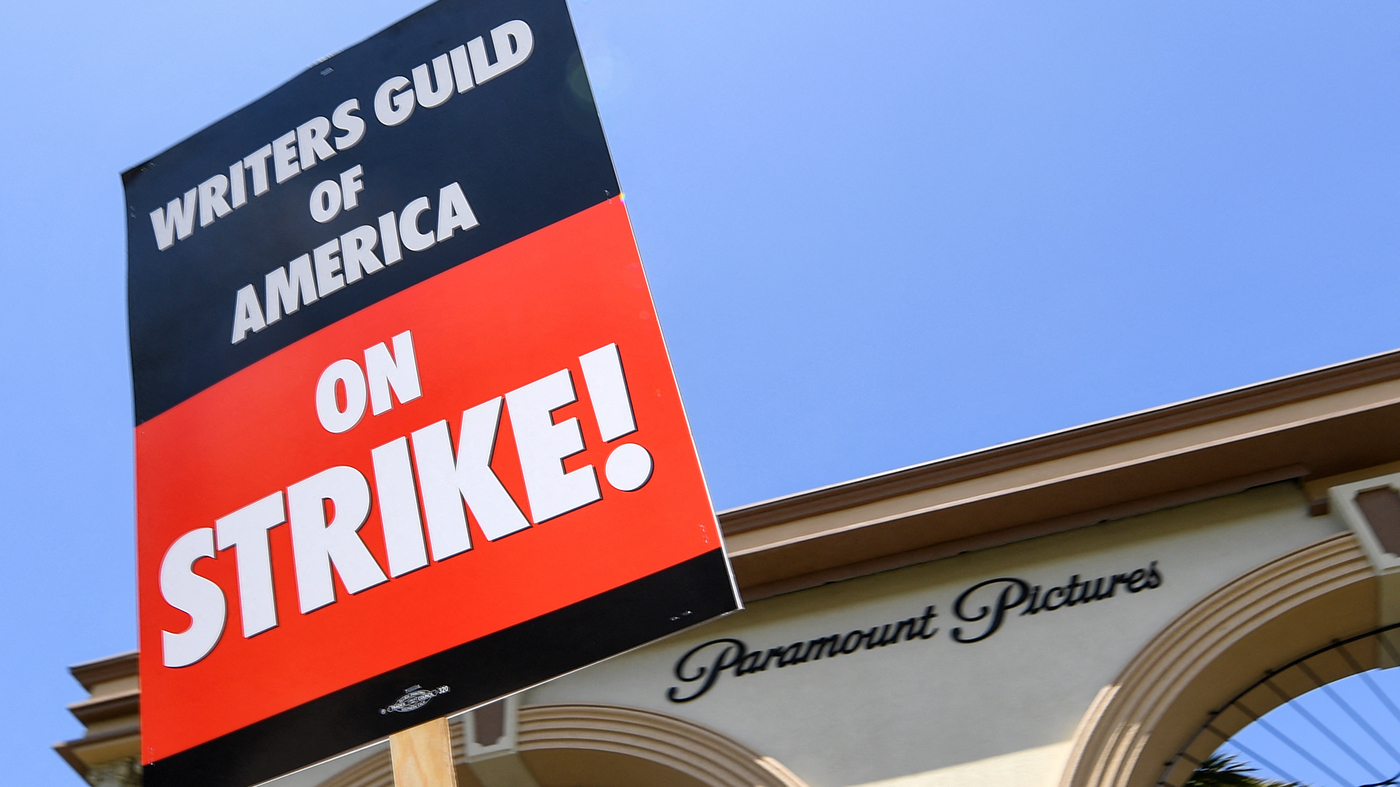Negotiating the WGA-AMPTP Agreement: The Story of Why TV Series Are Popular and How Writers (Movies) Get More Attention, Less Risk
The WGA first called the strike on May 2nd after negotiations between writers and the AMPTP fell through. While the WGA called for contracts to include better streaming residuals, the preservation of the writers room, and protections surrounding the use of AI, the AMPTP pushed back.
The letter to members from the negotiating committee said that the deal was exceptional because it had meaningful gains and protections for writers in every sector of membership.
The agreement was finalized over several nights of bargaining between the WGA and the Alliance of Motion Picture and Television Producers through the middle and end of the past week.
The strikes have forced studios like Netflix and Warner Bros. Discovery to make adjustments to their financial projections. In July of this year, Warner Bros. and Discovery lowered their estimates for earnings for the next five years.
Last week, bargaining sessions were attended by Disney CEO Bob Iger, Warner Bros. Discovery CEO David Zaslav, Netflix CEO Ted Sarandos and Universal Pictures chief content officer Donna Langley. The move was unusual, and signaled studios’ desire to return to work, as they have already had to delay the premiere of many films.
When their work is re-run on streaming services, the screenwriters want more money and more residuals than the two sides have been able to reach. They asked for a residual formula based on how many views a show gets on the streamers.
Executives were worried about their profits, and pointed out that they had laid off employees over the last few years. They have been reluctant to release data on how much people watch.
Writers asked for guaranteed staffing levels, complaining about the new streaming model. They were concerned about the use of mini rooms, in which individual writers are hired to submit their work remotely, on spec, with no guarantees. The elimination of the ‘writer’s rooms’ on TV series harms the continuity needed for consistent storylines and characters, deprives newer writers of learning to be showrunners, and hurts new writers by not giving them the skills to oversee production.
In its last counter proposal, the AMPTP offered showrunners the ability to hire at least two writers for each show, but details of the newest agreement still need to be made public.
The studios have also reportedly agreed to some demands to protect writer’s work from using artificial intelligence in the writing process. In an earlier counteroffer, the AMPTP proposed bans on written material produced by generative AI software, saying it wouldn’t be considered “literary material” or “source material.”
Actors in the union SAG-AFTRA have been waiting for the AMPTP to come back to them to negotiate their new deal. Since July, the strike has been going on by the actor.
